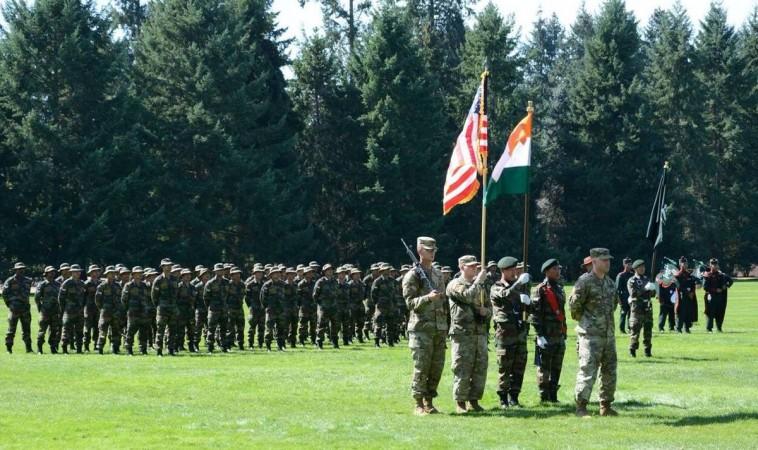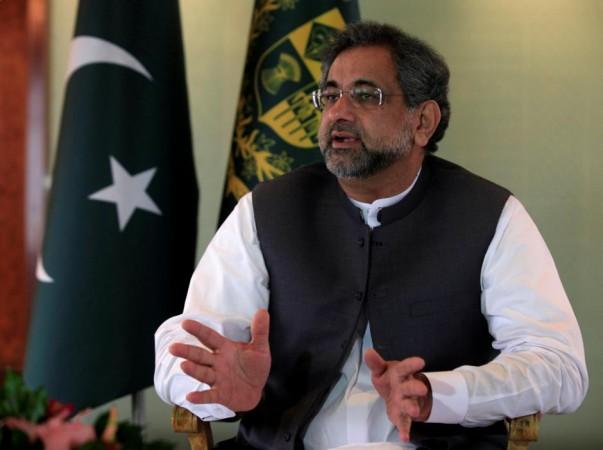
Just a few months ago, the Indian and the US military forces interacted with each other at the massive Malabar naval exercise in the Bay of Bengal. The Indian and the American Armies are now participating in the ongoing joint exercise called 'Yudh Abhyas 2017' in order to build relations and inter-operability and familiarise themselves with each other's military tactics and equipment.
After Malabar 2017, India and US prepare for 'Yudh Abhyas' military drill in September
"The theme of the exercise is to build and develop positive military relations and inter-operability to conduct counter terrorism, counter insurgency, regional security operations and peace keeping operations under UN Charter," the Indian Army said on Friday.
Major takeaway
The major takeaway of this joint exercise is that both the countries get a chance to understand each other's military styles and equipment.
"During the first week, participants were made familiar with each other's organisational structure, weapons, equipment, and tactical drills while command and staff officers of both sides worked in close coordination to collate intelligence to issue suitable operational orders to the combined field training components," the statement said.
Should Pak be worried?
While the joint drill works in the favour of India and the US, an important question that arises here is if Pakistan should be worried about India and the US getting familiar with each other's weapons and techniques. It could even lead many to wonder whether the two nations are conducting this exercise in a move against Pakistan, which has already been in the eye of the storm of late.
Pakistan was cornered twice at the United Nations General Assembly (UNGA) in New York, when India called Pakistan a "land of pure terror" and China— Pakistan's all-weather friend— distanced itself from the Kashmir issue and implied that it will not interfere in any negotiations on Kashmir.

This is the second time Pakistan has been pulled up on a global platform for harbouring terrorists, the first being at the BRICS Summit wherein terrorist groups in Pakistan were named.
However, considering the fact that newly-elected Pakistan Prime Minister Shahid Khaqan Abbasi announced at the UNGA that they have developed short-range nuclear weapons to counter the 'Cold Start' doctrine by Indian Armed forces, Pakistan doesn't seem to be too concerned about the accusations levelled against it.
All desired objectives fulfilled
Meanwhile, the defence release has claimed that the military drill that started on September 16 has already proved profitable for the 5th Infantry Battalion of 20 Infantry Regiment of the US Army and the soldiers of Gorkha Rifles from the Surya Command of the Indian Army.
![[Representational image] Indian army soldiers](https://data1.ibtimes.co.in/en/full/653248/indian-army-soldiers.jpg?w=639&h=424&l=50&t=40)
It has fulfilled "all the desired objectives" and helped both the armies "to develop the due synergy," the Indian army added.
The military forces of both the nations participated in a brigade headquarter based command post exercise, expert academic discussions on strategic issues of mutual concern.

















